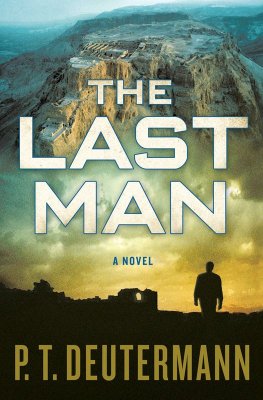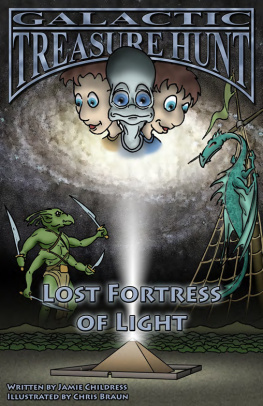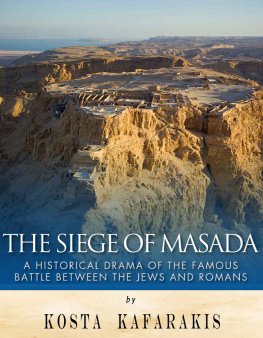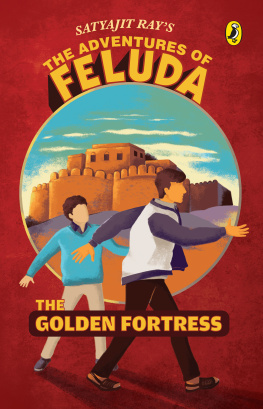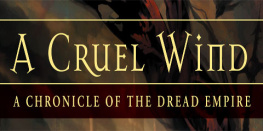P. T. Deutermann
The Last Man
Given the tectonic power shifts taking place in the Near East these days, this book is dedicated to the fond hope that Israel will survive, both as an island of modernity in a sea of resurgent medievalism and as an outpost of democracy in an increasingly barbaric world.
I want to thank my editor, George Witte, for letting me do this one after so many years, and also my copy editor, India Cooper, for doing her usual excellent job with the manuscript. Rick Cavey gave me invaluable advice on the diving technicalities; any errors there, whether intentional or not, are of my own making. The Ministry of Tourism in Israel was very helpful. Finally, I want to acknowledge the power of the Masada site, itself. Theres nothing quite like it in the world.
THE VISION OF THE DRY BONES
The hand of the Lord came upon me. He took me out by the spirit of the Lord and set me down in the valley. It was full of bones. He led me all around them; there were very many of them spread over the valley, and they were very dry (Ezekiel 37: 12)
From a scroll fragment found on the fortress of Masada during the Yigael Yadin archaeological expedition
Part I
The Mountain Fortress of Masada in Judaea, A.D. 73
Judah scrambled across the earthen floor of the watch-room as the ceiling fell in, barely staying ahead of the tumble of dust, timbers, and royal plaster as he rolled into a corner, covering his face against the flying debris. A battered round rock about a foot in diameter, fired from a Roman ballista, smashed a final massive dent into the end-wall masonry before rolling to a stop three feet away. Through the wreckage of the ceiling, Judah could now see the sheets of fire consuming the tops of the western ramparts. He barely had time to collect himself before another stone came hissing across the night sky, passing invisibly over the ruined timbers of the watch-room to batter down a building somewhere beyond him in the darkness.
Damn them and their machines, he thought. Their machines and their implacable Roman power. A distant crash marked the impact of yet another ballista stone, hurled across the night sky by the catapult in the burned-out siege tower. Ever since the treacherous desert wind had turned on them, firing the wooden ramparts overlooking the siege ramp, the Zealots fate had been sealed. By dawn the casemate walls would have burned through and the howling hordes of the Legio X Fretensis would spill in like a swarm of armored beetles. Even now, at the third hour, the ominous rumble of kettledrums and the cheering roars from the Roman formations gathering below echoed in waves across the desert darkness. It was the same sound the mob made in the hippodrome at Caesarea during the procurators games.
I am Judah, Sicarius. I shall be the Last Man, he thought, as he tried to make himself small in his corner of the watch-room. He had drawn the final tile, the tenth lot, and with it the horrific responsibility to finish it. The room shook as another ballista round careened across the open ground outside and ricocheted off a nearby storeroom wall. A woman shrieked, a pathetically human sound amid the dull thudding of collapsing masonry. Had she cried out from fear of the stones, or from seeing her husband coming for the family with a knife?
Not long now, he thought, rolling over on his side and shifting his own glinting dagger from his left hand to his right. Not long at all. The smell of burning timbers was suddenly strong as the streaming, treacherous wind veered across the top of Herods fortress, pushing acrid smoke through the holes in the building, stinging his eyes to sudden tears. The tears ambushed his memory. He had lived a very long time. It had been almost forty years since those heady days in Galilee, when the teenagers who would become Sicarii formed their first cell in the mountains. Now he was the last of them, the last man in more ways than one. The Daggermen were a bloody memory now, their bones scattered over Galilee and beyond, along with the bones of the thousands slaughtered in the broken streets of Jerusalem. Death to Rome, indeed. He shivered again, imagining he could hear his own bones rattle. The Romans were about to show them the final cost of their supremely naive rebellion.
Another stone rocked the walls of the watch-room. He inspected the dagger again, his badge of honor as a Sicarius, the Roman word for Daggerman. Judah, son of Joseph, later outcast son of Kerioth. One of the very first Galileans to take up the long knife against Romans and other undesirables. Old Judah Sicarius. The oldest Kannai, or Zealot, as the people called them. Sixty-one seasons he had lived. Gray now in beard, long in tooth, but still tough as an Egyptian chariot harness. Without a doubt, he had been the oldest warrior on this mountain. The last of the Kannaim, too, after the judgment of the ostraca, the fateful tiles, cast earlier in the royal precincts. I shall be the Last Man!
A smaller projectile crashed down somewhere up along the casemate walls, and this time the prolonged screaming of a mortally injured child rent the night air. Judah winced but did not move. On this night of nights, one way was as good as another to die. In a little while he would have to go out there, dodging across the deadly open spaces, within sight of Roman archers in the fighting tops of the charred siege tower. He would be a scurrying bundle of old rags under the deadly gaze of their catapult, one more rebel to nail with their iron quarrels if they could manage the shot. Nevertheless, this old Jew had a final mission. If he could just make it across the open ground, glinting dagger in hand, he was honor-bound to carry out Eleazars final, terrible orders. By so doing, would he finally make amends for what he had done forty years ago? Was this final, bloody mission the cost of his redemption? Could it be?
He drew his tattered cloak closer as he thought about their glorious leader, Eleazar ben Jair. Kannai extraordinary, a stunningly effective demagogue right to the very end. It had been ben Jairs idea to fire the casemate timbers in order to destroy the siege tower, and it had worked, too. For a while. He recalled with relish the screams of the Romans as the lower hide shields caught fire, and then the lashings and the very timbers of the eighty-foot-high tower, crouched atop the blood-soaked siege ramp. He had watched with the other Zealots, secreted like rats in their burrows along the western wall, firing arrows into the blaze each time a roasting Roman poked his head out of the smoke, screaming desperately for help from the legionaries behind the tower.
Then, just after nightfall, with the towers massive timbers only half consumed, the fateful desert wind, the very breath of their own vengeful God, had turned on the defending Jews. It had veered into the north and then swept back onto the western wall, away from the tower. The Zealots, who had cushioned the outer face of the wall with sand and timbers to defeat the towers battering ram, could only watch in horror as the capricious flames began to burn the wall timbers, sealing Masadas fate. The Romans had been able to withdraw the siege tower to just beyond the flame front and put out the fires in its fighting tops, but the great battering ram and even the tower were superfluous now because, with the makeshift wooden walls ablaze on the mountains rim, the fortress would be totally exposed by dawn.
Ben Jairs coal black eyes in the guttering lamplight had revealed the extent of their calamity. The core of the walls is aflame, he croaked, his voice hoarse from the smoke. They have finished the ramp, and by first light the maniples of the Tenth Legion, soldiers in their

